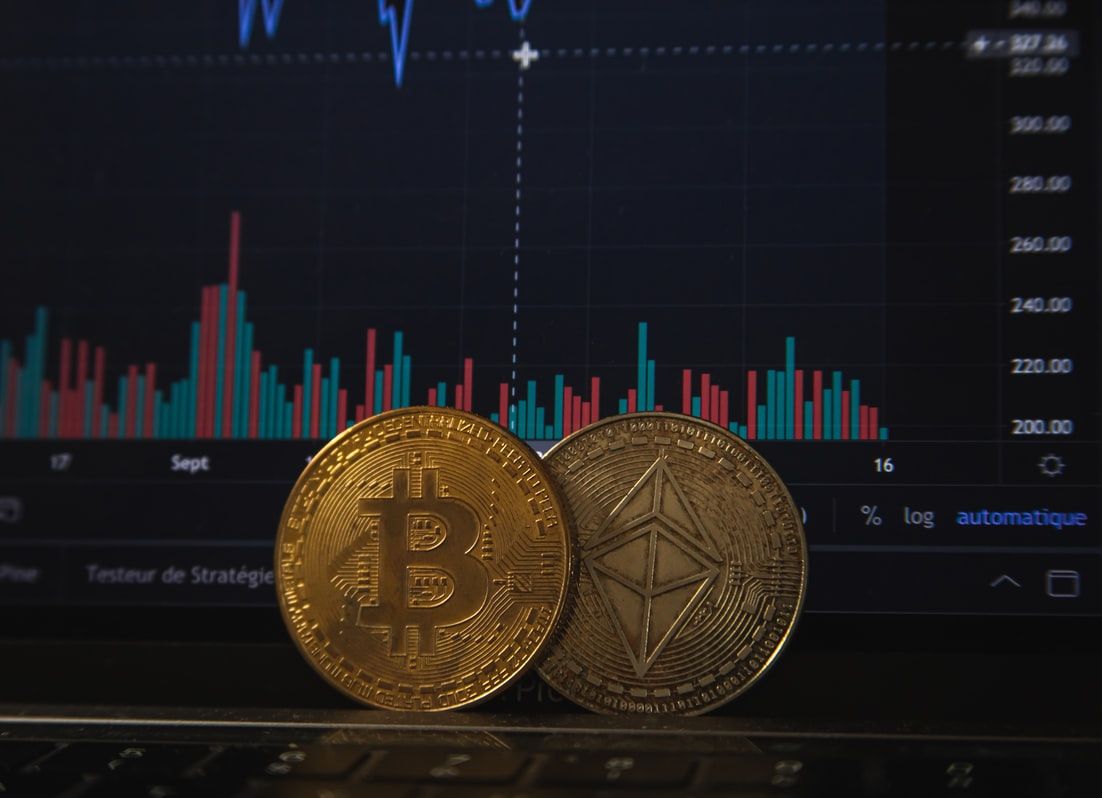El Salvador, the
Central American nation that became the first country to adopt Bitcoin as legal
tender, is now in a financial fix. Bitcoin prices have dropped massively over
the last few months since a high of $69,000 in November 2021. The debt-ridden, largely
unbanked nation, now finds itself in an economic muddle. El Salvador’s investments
in Bitcoin reached $105 million for 2,301 bitcoins once. Now, the value of
those bitcoins has fallen more than half to around $51 million.
The El Salvador
government, however, continues to remain optimistic about the future of
Bitcoin. President Nayib Bukele, a fervent Bitcoin enthusiast, indicated
earlier this week that the country might buy more Bitcoin. El Salvador adopted
Bitcoin in September 2021.
Despite Bukele’s
optimism, the El Salvador citizenry is having a tough time managing with
Bitcoin. According to a recent study conducted by an El Salvadorian University,
nearly 60% of those surveyed remain apprehensive of using Bitcoin, or at least
prefer the dollar. Just around 25% supported the nation’s move to adopt Bitcoin
as legal tender.
Also Read | Bitcoin-boosting Salvadoran leader may have second thoughts
A National Bureau
of Economic Research suggests Bitcoin use is largely concentrated among
educated, banked, men. This flies in the face of the country’s stated objective
to allow unbanked El Salvadorians enter the formal economy. Nearly 70% of the
El Salvadorian population is unbanked.
Crypto expert Dan
Ashmore, who spoke to NDTV, said, “The failure (in people adopting Bitcoin) is
largely due to poor planning and execution by the government. A failure to
build up payment infrastructure around Bitcoin has been fatal.”
Ashmore, however,
believes that it wasn’t a bad decision for the El Salvador government to become
the first-mover in adopting Bitcoin as legal tender. The expert believes the
move could just as well have triggered a domino effect leading more countries
to adopt the cryptocurrency as legal tender.
Also Read | A crackdown in El Salvador, and fears of arbitrary arrests
Cryptocurrency as
legal tender has been a controversial subject for many nations and their
economies. While central banks have been averse to allow nations to step into
the world of decentralised finance (DeFi), the instability in prices and the
legality of transactions has raised questions on the general stability of the
currency. Further, regulatory frameworks in various countries have not been particularly
friendly towards adoption of cryptocurrency.







